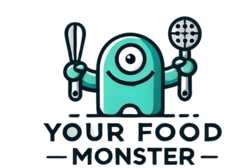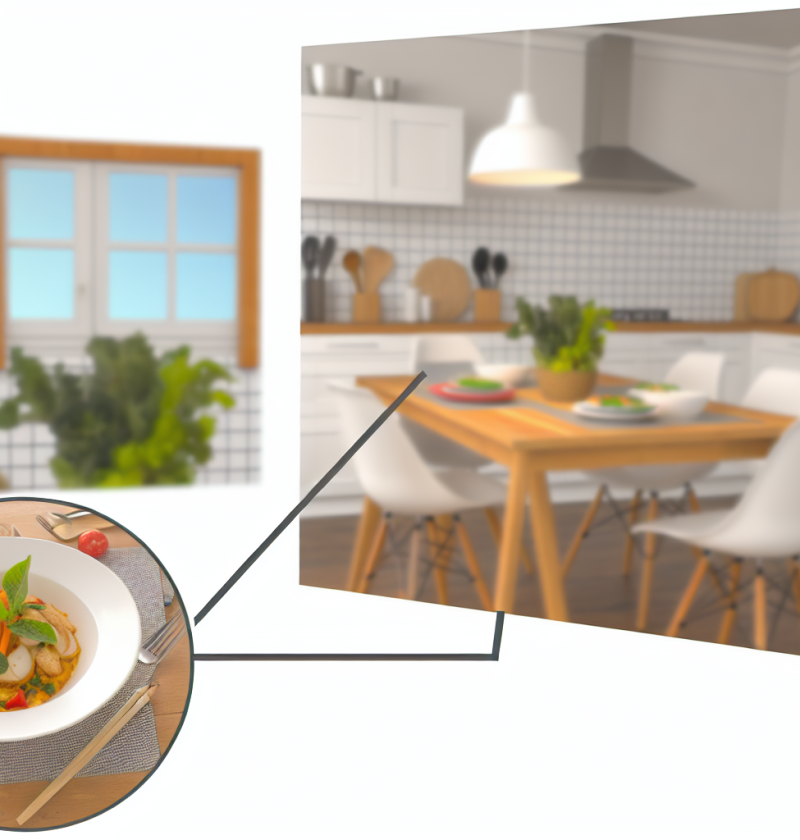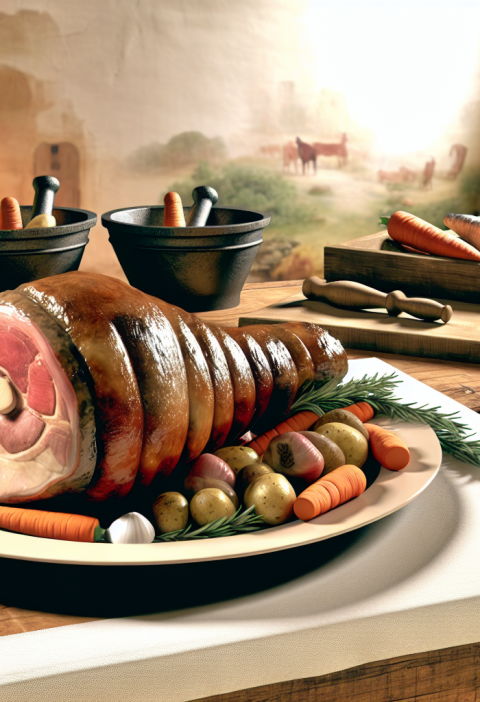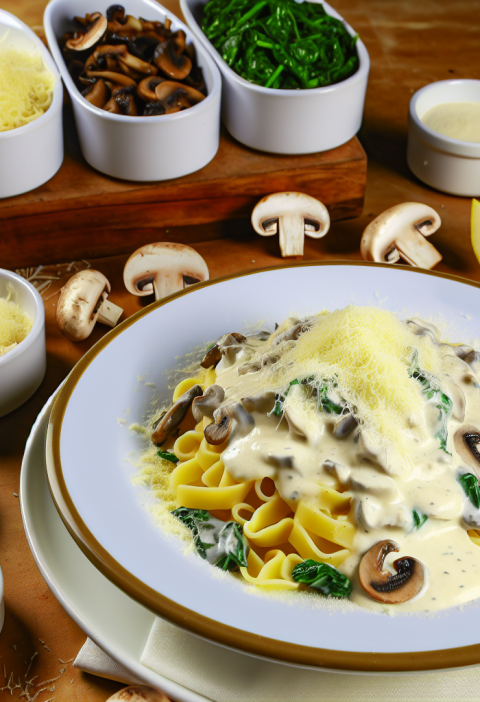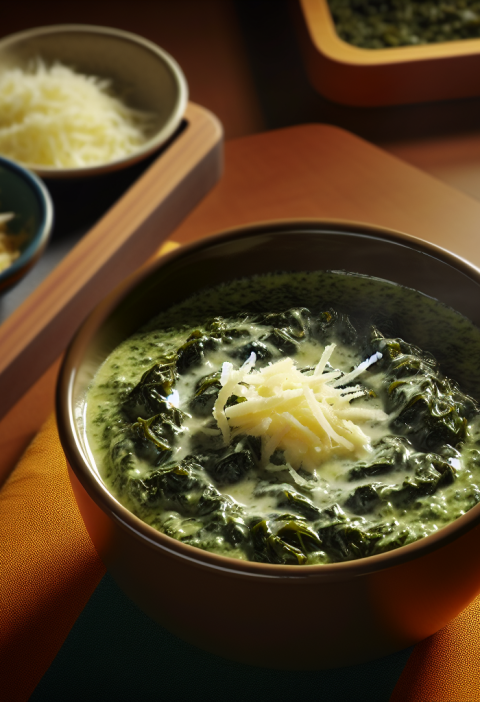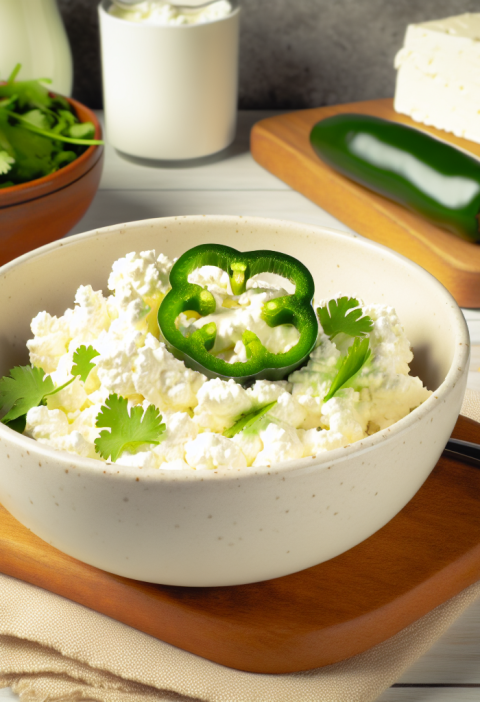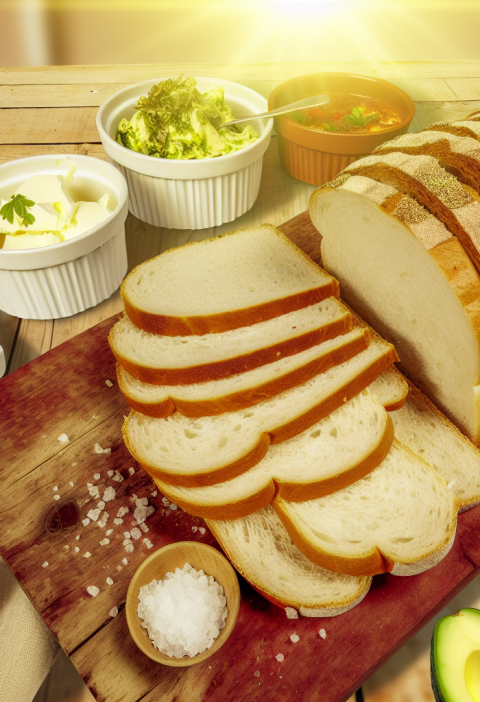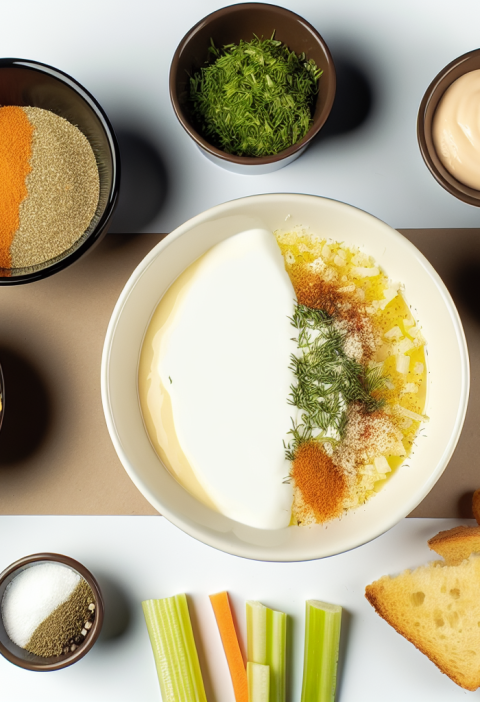“`html
Discover the Surprising Way to Tell If Your Eggs Are Hard Boiled: A Game-Changing Recipe
Imagine this: you’re preparing a delectable brunch or a quick protein-packed snack. You reach for an egg in your fridge, but then – doubt strikes. Is this egg uncooked, or is it hard-boiled? Breaking it open to check can ruin the surprise and the egg alike. But what if I told you there was a foolproof, mess-free way to find out? From my experience, this simple technique has not only saved me countless eggs but also added an interesting party trick to my kitchen repertoire!
Preparation Time
- Testing Time: 30 seconds per egg
- Total Time: 30 seconds per egg
Suitable for: Everyone
Difficulty: Easy
Ingredients
The necessary ingredients (possible in all kinds of variations)
- Eggs (ready to be tested, hard-boiled or raw)
- A flat surface (table, countertop)
- Your hands
This method works for all kinds of eggs – whether you prefer organic, free-range, or even duck eggs, the technique remains the same. No need for special tools or gadgets – just you and your eggs.
Steps
The steps of preparation (possible in all kinds of variations)
This step-by-step method will guide you through the process of testing your eggs without the need to break them open.
- Take the egg gently in your hand without applying too much pressure.
- Place the egg on a flat surface, positioning it horizontally.
- Spin the egg gently but firmly.
- Observe the egg’s movement as it spins.
- Gently stop the egg’s spin with your finger and immediately release it.
- If the egg stops spinning right away and stays still, it is hard-boiled. If it wobbles and continues to spin slightly, it is raw.
Practice this method a couple of times, and soon you’ll be a pro! It’s really that simple—this technique will revolutionize how you approach your egg dishes.
Nutritional Benefits
- High in Protein: Eggs are an excellent source of high-quality protein, providing substantial energy and aiding in muscle repair.
- Rich in Vitamins: Eggs contain important vitamins such as Vitamin D, B12, and B6, crucial for overall health and cognitive function.
- Mineral-Rich: Essential minerals like zinc and iron in eggs support immune function and oxygen transport in the blood.
- Healthy Fats: Eggs provide healthy fats that are essential for maintaining good cardiovascular health.
- Antioxidants: The presence of antioxidants such as lutein and zeaxanthin promotes eye health.
Knowing these benefits makes the eggs not just an easy-to-check, versatile food but also a powerhouse of nutrition.
Possible Additions or Upgrades
- Create a fun family activity by involving kids in the egg-testing process.
- Experiment with eggs from different types of poultry, like quail or ostrich eggs.
- Use this technique for Easter eggs or decorative egg projects to ensure they’re hardboiled before coloring.
- Enhance the experience by organizing a small brunch party where guests can test and taste various dishes prepared with the identified eggs.
Let’s now delve into the frequently asked questions that might clear up any doubts or curiosities you have about this unique method:
Questions and Answers
Can this method be used with any egg size?
Yes, the method works universally with all egg sizes.
Is this technique safe for kids to try?
Absolutely! It’s a fun and engaging activity that kids will love.
Does the spinning technique work for double-yolk eggs?
Yes, double-yolk eggs will still behave like regular hard-boiled or raw eggs during the spin test.
How can I be sure the egg is fully hard-boiled if I’m still unsure after spinning?
If in doubt, place the egg in a bowl of cold water; if it sinks and lies flat, it’s hard-boiled.
Do brown and white eggs act differently with this method?
No, the shell color does not affect the outcome of the spin test.
What if my egg wobbles slightly but then stops spinning?
A slight wobble might indicate the egg is not fully hard-boiled; it could be soft-boiled instead.
Can refrigerated eggs be tested the same way?
Yes, refrigerated eggs can be tested just like room-temperature eggs.
Is there a maximum number of spins to avoid over-handling the egg?
No specific limit, but handle the egg carefully to avoid cracking.
Can this technique damage the egg?
As long as the egg is spun gently, it won’t be damaged.
Is this method used by professional chefs?
Many chefs use this technique for quick and efficient egg testing.
Next time you find yourself puzzled over a hard-boil query, remember this easy and effective method. From my personal experience, it’s a kitchen lifesaver and a great conversation starter. If you found this guide helpful, please share it with your friends and family on social media! Spread the love of cooking—and egg testing—far and wide!
“`
By organizing the content this way, it will be neatly presented on a website, making it easy to read and follow while also engaging readers and encouraging them to share the recipe.
